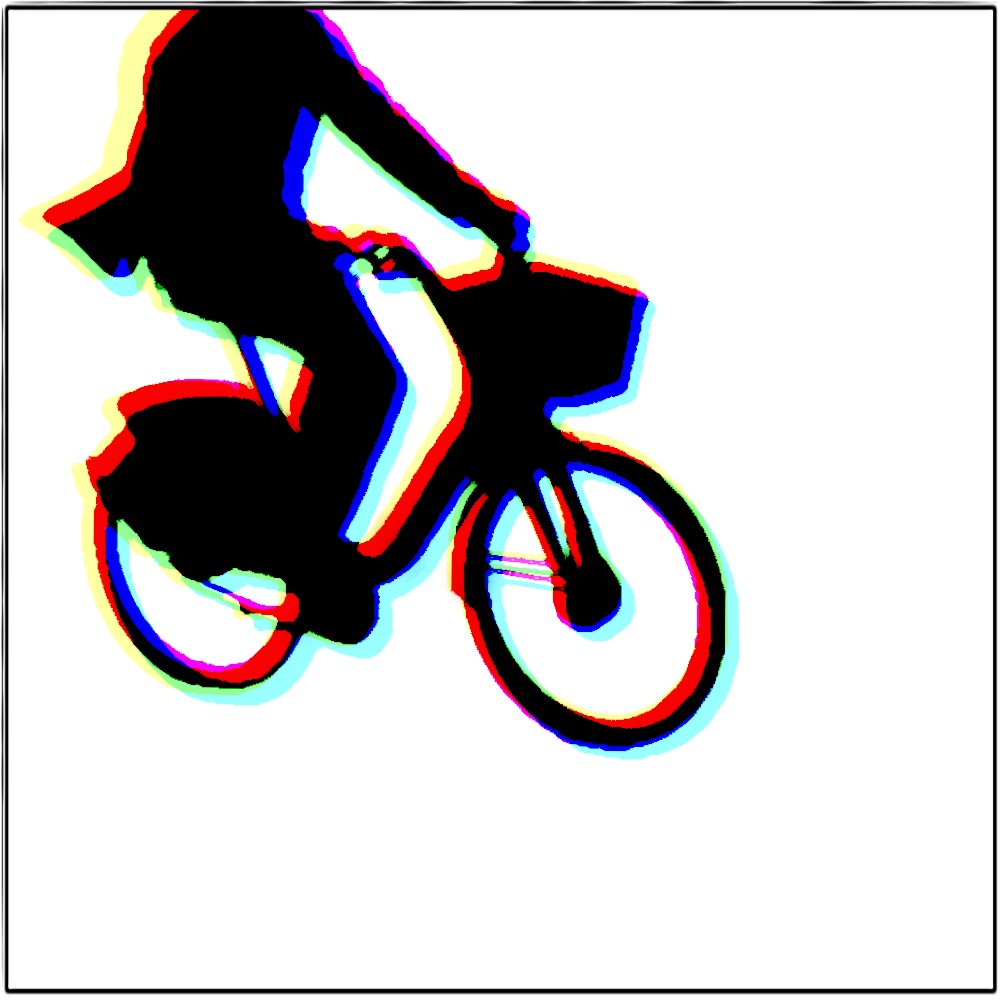
Berlin Kreuzberg. Es ist ein sonniger Sonntagnachmittag und ich fahre gerade mit meinem Fahrrad an einem dieser neuen, schicken, coolen Cafés vorbei, als ich auf jemanden aufmerksam werde, der ebenfalls auf einem Fahrrad unterwegs ist. Ein junger Mann mit Vollbart, wie sie derzeit in Mode sind. Er fährt auf einem leuchtend rot-orangenem Miet-Elektrofahrrad der Marke Jump. Jump ist eigentlich Uber. Und Uber ist eine der Firmen, die derzeit das Taxigewerbe weltweit umkrempeln. Der Mann mit dem Vollbart biegt gerade in eine Seitenstrasse mit Kopfsteinpflaster ein. Er ruft laut “Uh, Oh!” und ich sehe, dass das Hinterrad seines Fahrrads platt ist.
Ich wundere mich, zuerst ein wenig und als ich so weiter radle immer mehr, ob denn dem jungen Mann klar sei, dass es gar nicht gut für das Fahrrad ist, wenn man mit plattem Hinterrad über Kopfsteinpflaster fährt. Mit einem normalen Fahrrad käme er vermutlich kaum mehr weiter, doch mit Elektroantrieb geht es offensichtlich, auch wenn es unangenehm zu sein scheint. Das Fahrrad ist ein teueres Fahrrad und das Hinterrad ist nach der Tortur sicherlich schwer beschädigt. Nur ein Idiot würde das seinem eigenen Fahrrad antun, aber es ist ja ein Mietfahrrad. Während ich noch darüber nachdenke, ob es den jungen Mann davon freispricht, ein Idiot zu sein, wenn er ein Mietfahrrad zerstört, kreuzen sich unsere Wege erneut. Der junge Mann fuhr auf einer anderen Strecke in die selbe Richtung.
Ich spreche ihn an und frage als erstes, ob ihm bewusst sei, dass das Fahrrad leiden würde. Der junge Mann ist sich sehr wohl darüber bewusst – das hätten ‘die’ ja eingepreist, ist seine erste Antwort; und wie um zu beweisen, dass er zu noch komplexeren Gedanken fähig ist, fragt er zurück, ob ich denn wisse, was Uber für eine Firma wäre, die Antwort gibt er selbst: eine Ausbeuterfirma! Und überhaupt fände er es nicht OK, dass ich ihm hier so moralisch komme.
Ich hege weder Sympathien noch Antipathien gegenüber der Firma Uber und sage das auch zu meiner Verteidigung. Ich bin nur immer wieder verblüfft von der Logik mir der Menschen denken. Und wennn sich die Chance bietet, frage ich manchmal nach.
Das würde ihm jetzt zu anstrengend und ob ich bitte weiterfahren könne und ihn in Ruhe lassen.
Das kann ich versehen, nicht nachfühlen aber verstehen, dass es anstrengend ist, wenn das eigene Denken auf die Probe gestellt wird. Da tun sich sogar gut ausgebildete und gut gekämmte junge Menschen schwer, die ohne grosse Sorgen in den angenehmsten Gegenden der Welt wohnen. Das stelle ich mit meinen Fragen immer wieder fest.




